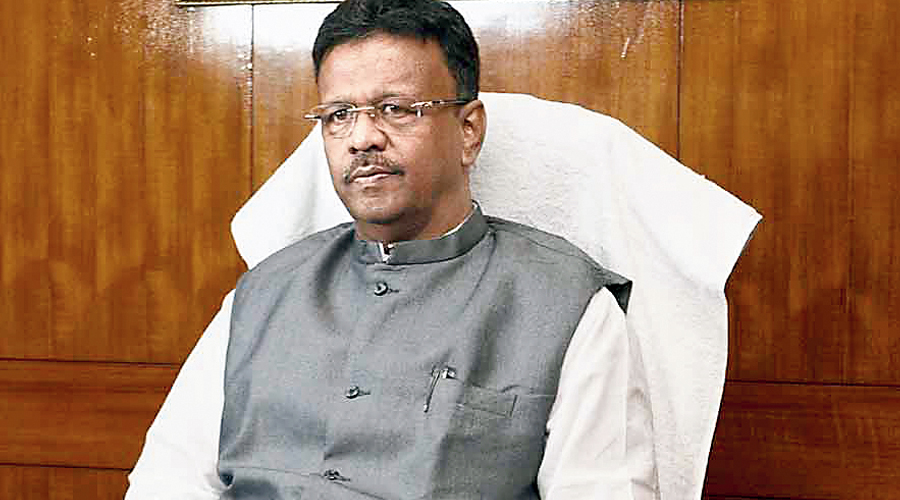By 2030, Kolkata will mostly run on non-fossil fuel, Kolkata’s outgoing mayor Firhad Hakim told an online meeting on Wednesday that connected Kolkata with the COP26 Climate Summit in Glasgow.
The meeting organised by the Bengal Chamber of Commerce and Industry highlighted the city’s “success and plan” to introduce electric vehicles. It also served as a reminder that trams, mother of all e-vehicles, had not only been the first public transport of Kolkata but had never stopped trundling since.
“From 2030, the city’s public transport will mainly run on CNG (compressed natural gas) and electricity. Already 100 e-buses are plying and another 1,000 will be added to the fleet soon,” Hakim told the meeting.
“We have prepared a detailed transport plan. We will gradually phase out fossil fuel-run vehicles from the city, and replace the fleet with compressed natural gas and electric-run vehicles,” Hakim said.
“Autos will also run on CNG and electricity.”
Hakim said the state government planned to set up 3,500 charging stations in greater Kolkata and promised that piped CNG would reach the city in two years.
“For private electric vehicles, we may consider a tax cut to encourage the switch,” he added.
Kolkata is one of the more polluted cities in India and much of the filthy air is because of diesel-driven public transport.
Environment experts pointed out that the government had often not shown the promptness that Hakim promised to hold out.
“I had to move the court to bring CNG in Kolkata and despite several judicial orders the matter has been hanging for years. I expect Hakim to walk the talk this time,” said green activist Subhas Datta.
“We also hope that the mayor should also talk about reviving the tramway system in Kolkata,” said an expert from environment platform Sabuj Mancha.
Debasish Sen, the chairman and managing director of Hidco who also joined the online meeting, listed some of the environmental measures taken in New Town to reduce its carbon footprint.
